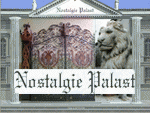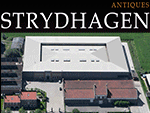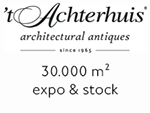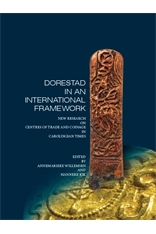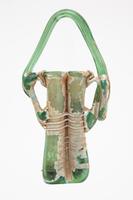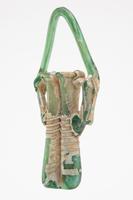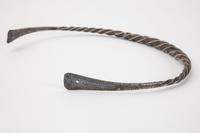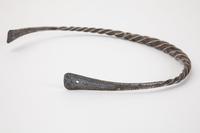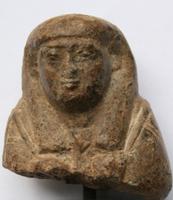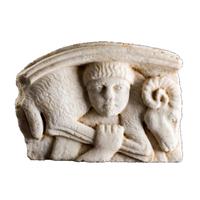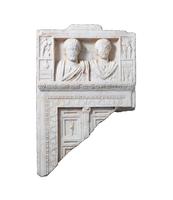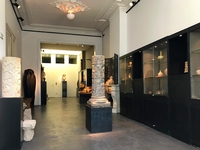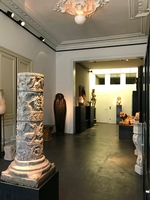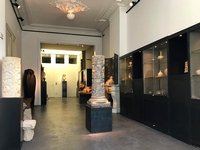|
Paperback, 214 p., 64 colour ill., 220 x 280 mm, Languages: English,. 2010, ISBN 9782503534015
Dorestad is a large, wealthy and internationally orientated harbour town from the Carolingian era excavated at the site of Wijk bij Duurstede in the middle of the Netherlands. In the eighth and ninth century A.D. it functioned as a junction in a network of Carolingian emporia or vici that covered most of present-day Europe. The past decade featured new research into the relations between these towns, their environmental and cultural context, the exchange of goods, coins and ideas, and the role of emperors and Vikings in their rise and fall. This publication will present the results of a scholarly congress in Leiden in June 2009, where renowned historians and archaeologists from eight countries presented studies into the Carolingian emporia, their material culture and their position in early-medieval Europe, composed around Dorestad, the only emporium called vicus famosus in contemporary sources.
|
